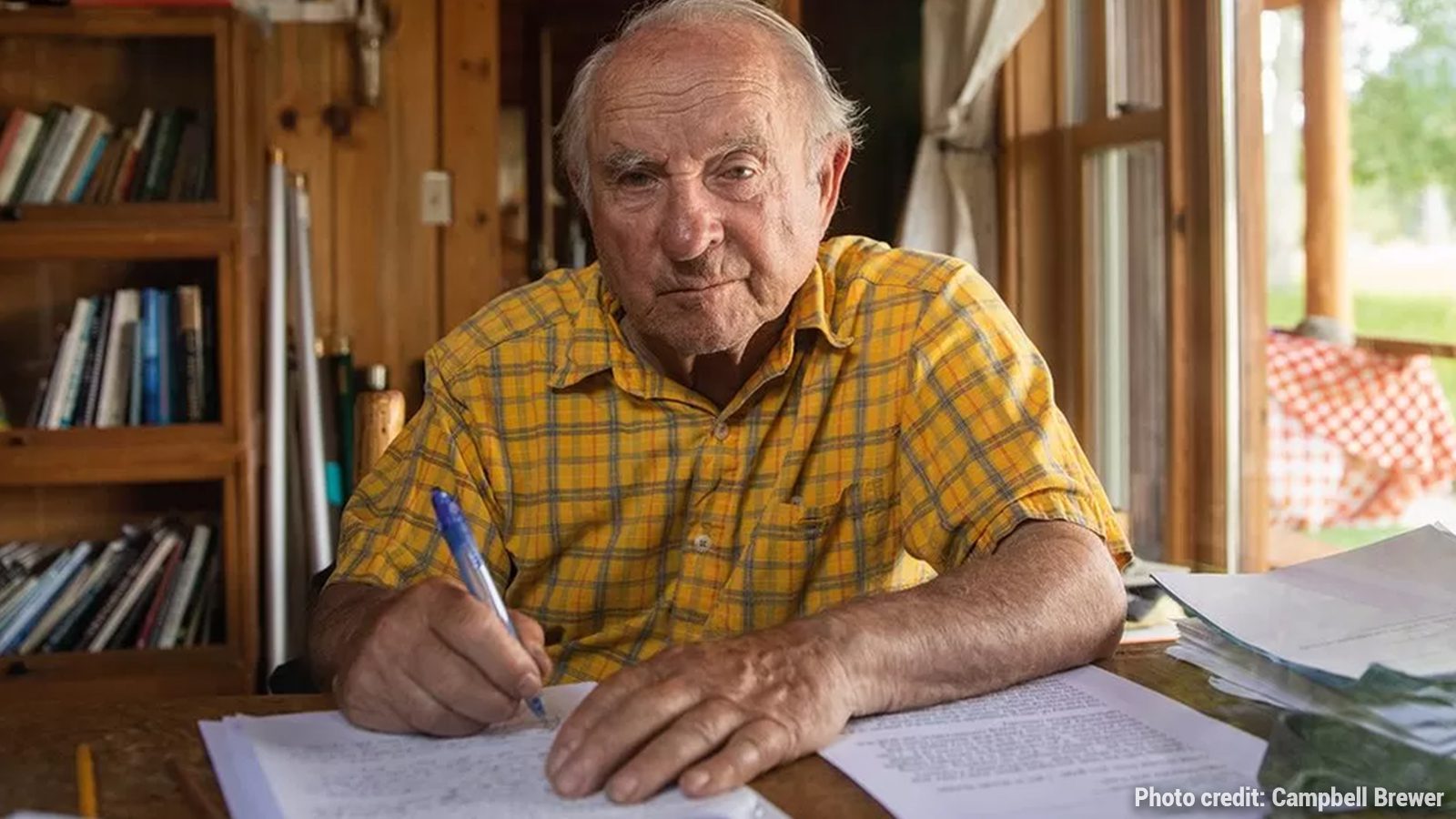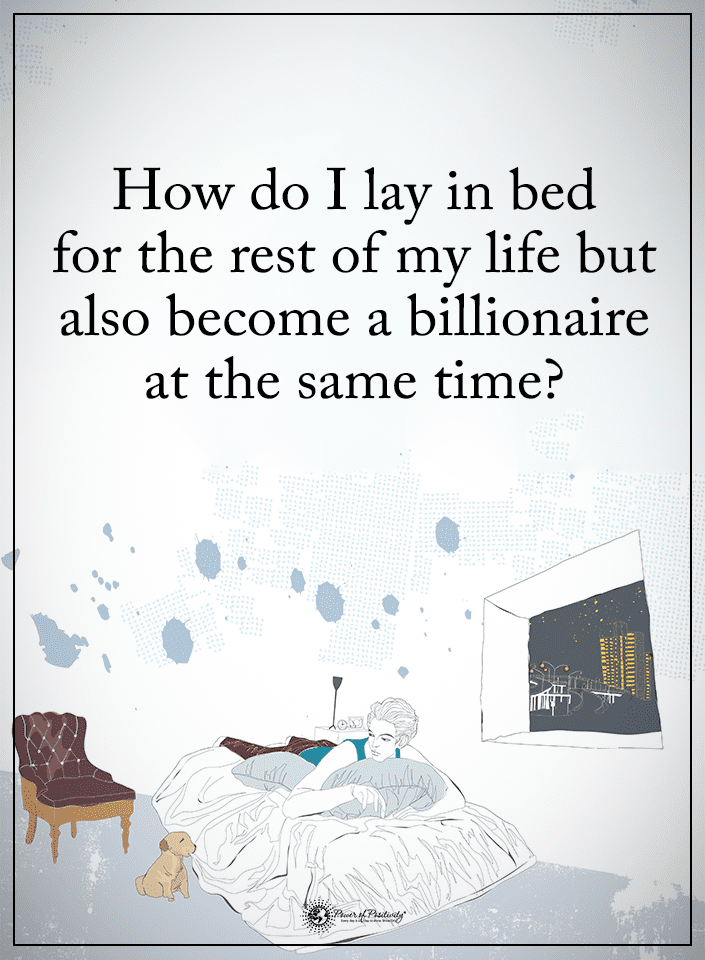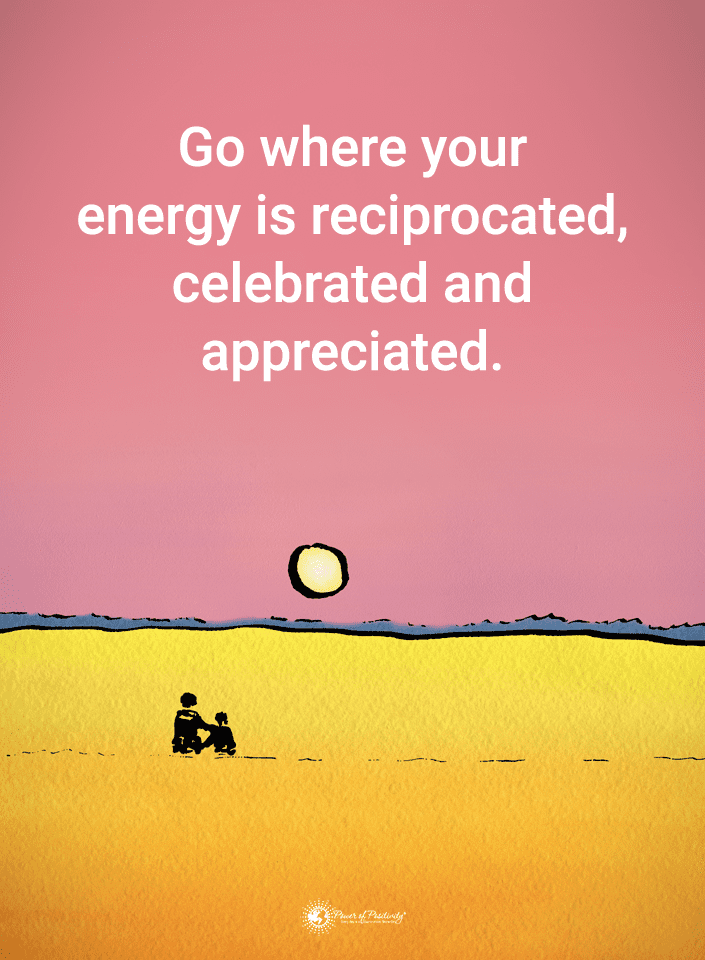Patagonia billionaire Yvon Chouinard recently surrendered the company he founded nearly fifty years ago. The private outdoor apparel business transferred its ownership to two new entities: Patagonia Purpose Trust and the Holdfast Collective. Chouinard wanted to create the trust and nonprofit organization to help combat climate change and protect biodiversity.
Chouinard’s decision to forfeit the company doesn’t surprise those who knew him. He launched Patagonia in 1973 with sustainability in mind, never planning on becoming a billionaire.
He even ran an ad in The New York Times on Black Friday to discourage customers from shopping. The ad featured a picture of the company’s best-selling jacket, with text above saying, “Don’t buy this jacket.”
About Yvon Chouinard, the Company Founder
As an avid rock climber in the 1960s, Chouinard wanted to launch a company that reflected his values. He started off selling climbing gear and eventually got into the apparel business.
From the start, he aimed to create high-quality items for nature lovers while protecting the environment. Patagonia committed to using 100% organic cotton for its sportswear in 1996. They’ve begun experimenting with recycled cotton after realizing the environmental impact of cotton farming.
For their fleece products, they utilize soda bottles to create recycled polyester. The apparel company also eliminated colors from its product lines that required dyes with toxic metals and sulfides. In addition, they’ve been using recycled paper for their catalogs since the 1980s.
The company quickly became one of the most ethical, sustainable businesses in the United States. Ironically, Chouinard never set out to become a businessman or a billionaire. He merely stumbled into it after making climbing gear for his friends.
While his company took every step to lessen its impact on the planet, Chouinard had a greater mission. He no longer wanted to profit from nature but begin to heal and preserve it.
Patagonia Founder Gives Up His Company Worth $3 Billion
The decision to surrender Patagonia came to Chouinard in mid-2020. After watching his net worth soar to record heights, he realized he’d become what he detested his whole life.
Of course, he never flaunted his wealth, so seeing his name on Forbes’ list of billionaires surprised him. He didn’t buy flashy cars or anything expensive, and he certainly didn’t have $1 billion in his bank account. The Forbes ranking and the stress of the pandemic ultimately prompted him to surrender his company.
Now, Patagonia will distribute every penny that isn’t reinvested into the company as dividends to the Holdfast Collective. The nonprofit owns the largest share of the company — 98% of its total stock. The Holdfast Collective will use these funds “to protect nature and biodiversity, support thriving communities and fight the environmental crisis.” Patagonia estimates it will pay a yearly dividend of about $100 million, depending on the company’s revenue.
The remainder of the company’s stock will go toward the Patagonia Purpose Trust. It exists to create a more permanent legal structure to ensure the company stays true to its values. In addition, it will facilitate what the company does best: showing that a for-profit business can work for the planet.
In a press release, the reluctant billionaire said, “It’s been a half-century since we began our experiment in responsible business. If we have any hope of a thriving planet 50 years from now, it demands all of us doing all we can with the resources we have.
“As the business leader I never wanted to be, I am doing my part. Instead of extracting value from nature and transforming it into wealth, we are using the wealth Patagonia creates to protect the source. We’re making Earth our only shareholder. I am dead serious about saving this planet.”
The Patagonia Billionaire Means Business
The company will also remain a Certified B Corporation, a designation for companies committed to environmental causes. While the outdoor apparel business will keep operating as a for-profit entity, the Chouinards no longer own the company.
In August 2022, they officially transferred the company’s stock to the newly created trust and nonprofit. The family members will still oversee the trust to ensure Patagonia doesn’t deviate from its mission.
The Holdfast Collective will utilize Patagonia’s profits for preserving wild lands and focusing on other nature-based climate solutions. Since it’s a 501(c)(4), the nonprofit can also make unlimited political contributions. The Chouinards didn’t receive a charitable deduction for their donation, proving their commitment to protecting the planet.
Chouinard’s Legacy Will Continue
Patagonia will continue donating 1% of its annual profits to grassroots activists, something it’s been committed to since 1986.
“Two years ago, the Chouinard family challenged a few of us to develop a new structure with two central goals,” said Patagonia CEO Ryan Gellert in the press release. “They wanted us to both protect the purpose of the business and immediately and perpetually release more funding to fight the environmental crisis. We believe this new structure delivers on both and we hope it will inspire a new way of doing business that puts people and planet first.”
In an interview with The Seattle Times, Chouinard said he hopes his example will encourage reforms in capitalism. The unconventional business model puts other corporations in the spotlight because many actively contribute to the climate crisis. The 83-year-old billionaire said his company would donate every penny to people working on climate solutions.
So far, in 2022, Patagonia has donated $50 million to the Holdfast Collective and expects to contribute another $100 million. Chouinard said he feels relieved that the company will keep “doing the right thing” long after he’s gone.
Final Thoughts on Patagonia Billionaire Relinquishing His Fortune
Yvon Chouinard, founder and former owner of Patagonia, never set out to become a billionaire. It happened as a natural consequence of owning a wildly successful outdoor apparel company. However, the businessman never felt motivated by money or materialistic gains.
Chouinard felt passionate about protecting the planet as a lifelong nature lover and environmental enthusiast. So, he decided to relinquish Patagonia after 50 years of ownership, creating a trust and nonprofit to help fight climate change. He updated the company’s mission statement to reflect Patagonia’s new direction: “We’re in business to save our home planet.”
















 Community
Community

